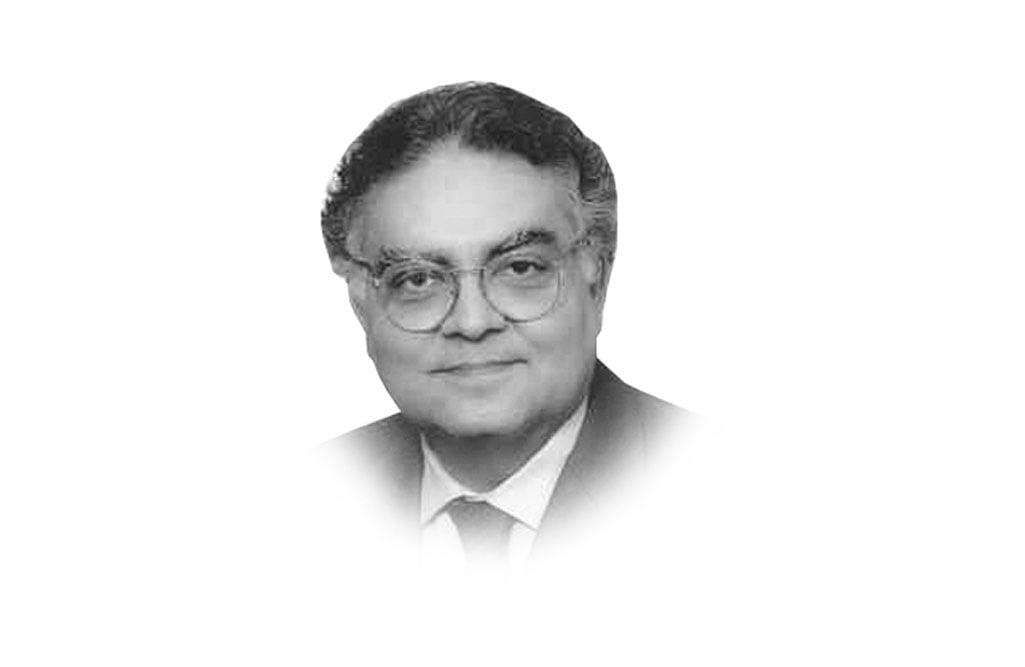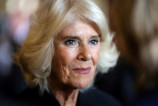
The observed acts of terror in some of the main cities of Pakistan are integrally related to an emerging extraconstitutional system of power, governance and the mobilisation and allocation of resources. Armed militant groups have donned various sub-national identities as a means of fuelling emotions of their cadres to engage in urban warfare. These armed groups are fighting for power and resources within their exclusive geographic domains in cities such as Karachi. In the area that each militant group seeks to control, public or private land is illegally occupied, a system of regular financial extortion from individuals and firms in return for providing security is established, and the official state apparatus as well as competing armed groups are held at bay with armed force.
At the same time, the capacity of the state to wield state power in a systematic way for law enforcement has been considerably weakened. In such a situation, some of the mainstream political parties surreptitiously maintain armed wings to pursue “politics by other means”. Some nurture links with extremist groups to gain political influence and a share of the resources that these groups control. A growing stratum of an informal economy and extralegal political power is under contention in urban Pakistan within a nexus of extremist non-state entities, political parties and local officials. This could be a significant factor in the difficulty the state is facing in exercising state power through a centralised and integrated structure. Consequently, significant geographic and economic spaces in major cities are being ceded to armed groups. Order — when it exists — is achieved through informal and fragile agreements between these non-state entities rather than through the authority of the state.
Time was when the state and the lives of citizens were being defended in the valleys of Fata. Now, it is in the main cities of the country that the writ of the state has to be defended and citizens protected. This is an important challenge as Pakistan is becoming rapidly urbanised and a large proportion of the urban population is concentrated in big cities. The New Growth Framework prepared by the Planning Commission under the leadership of Dr Nadeemul Haque is, in many ways, a historic document. It gives a vision of vibrant cities and harmonious communities that would — through enterprise and innovation of the youth — give dynamism to commerce and industry. Such an urbanised economy, fuelled by innovation and productivity increase, the report imagines, would place Pakistan on a path of sustained economic growth. But such a vision will remain a distant dream if cities are fragmented into domains of power and pelf that are controlled by competing armed groups while state authority gets eroded. For cities to become the new engines of growth, public order and rule of law are necessary — not the spreading fires of anarchy.
Published in The Express Tribune, March 18th, 2013.
1731494851-0/BeFunky-collage-(51)1731494851-0-405x300.webp)







1729685382-0/Untitled-design-(57)1729685382-0-270x192.webp)




COMMENTS
Comments are moderated and generally will be posted if they are on-topic and not abusive.
For more information, please see our Comments FAQ